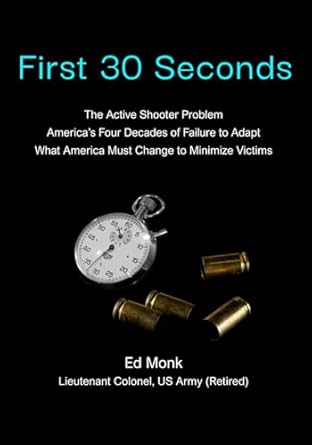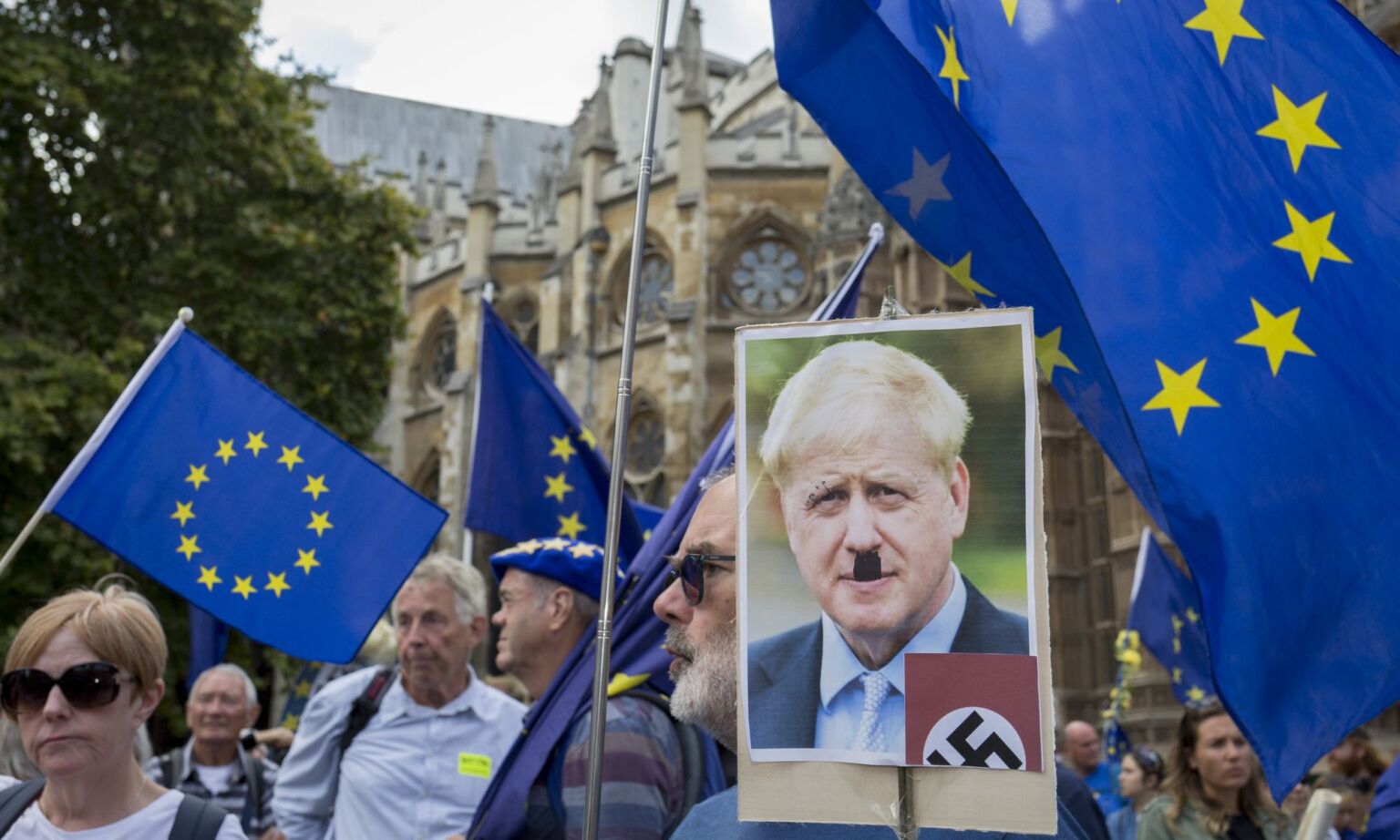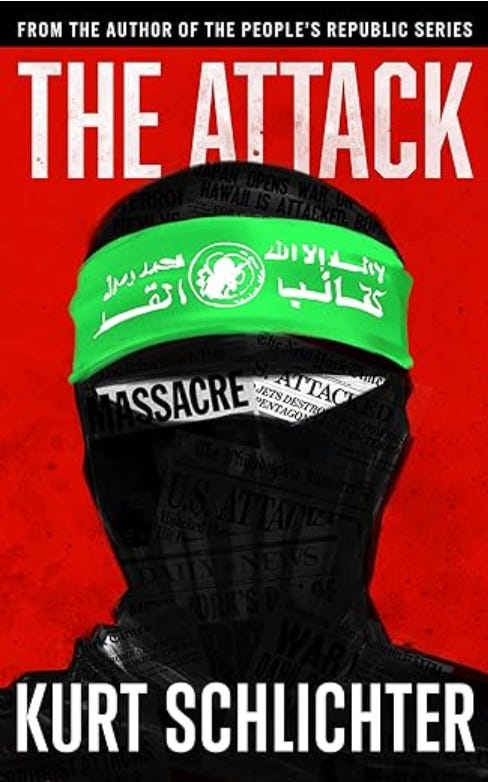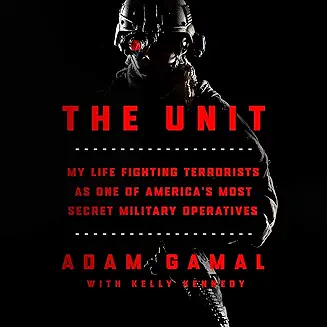Be Prepared or Be a Serf
You should not live in fear, but you should live with the understanding that there are bad people out there who want you either enslaved or dead. Donald Trump’s courageous strike against the scumbag Iranian mullahs only highlighted the fact that we may very well have hundreds, if not thousands, of sleeper agents within the United States who can act on command to unleash a wave of murder the likes of which we’ve never seen. I wrote a best-selling novel about it. But that’s only one threat. Another threat is homegrown nuts, terrorists, and criminals, to the extent that they differ. And then there is the threat posed by leftists who want to rule over you forever, no matter the cost. You might be out at church, in the mall, or at your own house when it happens, and you better be prepared to deal with it all.
What I’m trying to say is you need to buy guns and ammunition.
The fact is that things are getting uglier. Our opponents are getting uglier, and not just aesthetically (although a lot of them are really unattractive). As Donald Trump racks up win after win, his enemies, both foreign and domestic, are going to get more and more desperate. Obviously, the Iranians, who have killed well into four figures of Americans over the last 50 years, will be looking for payback if their own people don’t hang them from the nearest construction crane first.
Hopefully, by the time you read this, they won’t have struck. We’ve also got, among other disaffected bands of jerks, Hamas, the Houthis, and probably the Hottentots gunning for Americans. For four years under President Biden, the border was wide open with a big flashing “Welcome” sign inviting every Third World psychopath and communist cadre into America. Some of them are sleeping in their sleeper cells. Some of them are running around our college campuses, protected by credulous district court judges who think that the Constitution requires us to put out the welcome mat for people who want us dead.
Here at home, criminals who Soros prosecutors won’t prosecute are walking the streets because these poor, justice-involved persons deserve pity for us making them into criminals with our capitalism and structural racism. Of course, were you even to smudge the line between legal and illegal, they would come down on you like Trump came down on Fordow. There are still plenty of legal aliens out there who kill Americans through drunk driving and murder. And then there are the lunatics, like the guy who thought Tim Walz commanded him to kill because Jazz Hands would be a good senator; anyone who thinks that has already won on his insanity defense.
But the people we should be more concerned about are the leftists enraged at our challenge to their political, social, and cultural supremacy and who would happily shed blood to keep it. We have an entire ruling class that is facing the prospect of losing power for good. It has never been effectively challenged like this since it came into being after World War II, except for short periods, and never so radically. The worst it has ever experienced until now is a temporary slowing of America’s decline into a socialist miasma rather than a complete reversal of the whoosh down that slippery slope. But a reversal is what it’s getting now, and they are frantic to stop us.
Look at the things they’re trying to impose on us and look at how they are not just being stopped but are being turned around. Last week, there was a major Supreme Court case that basically said, “No, there is no constitutional right to mutilate children, dummies.” They really thought they had it. If Kamala Harris had won, they would have. You would have seen the Constitution interpreted to create an affirmative right to cut your children’s bodies apart to conform to the delusions of mentally ill kids or their Munchausen mommies. But because of Trump and his appointments, that didn’t happen. And you saw the Democrats react. Every single one of them was mad about it. Why, not letting young ‘uns be mutilated was the worst thing in the history of ever. Move over, Dred Scott, because not being able to carve up the kiddies is like the Fugitive Slave Act on steroids.
Today, they’re losing across the board. Abortion. DEI. Illegal aliens. We’re not just slowing their roll; we’re rolling them back. Do you think they’ll sit still for it? Do you think they’re just going to allow everything that they’ve built, every mile they’ve trekked in their Gramscian march through the institutions, come to naught?
No, they’ll fight – and I write about it in my upcoming novel, America Apocalypse: The Second American Civil War (you can pre-order now). But the trouble is not going to start with big movements of troops across the battlefields. It’s going to be smaller, more directed actions against particular people – people like you. We had a small-scale insurgency from the late-60s to the mid-70s in this country in which hundreds of people died, and thousands of bombs were detonated by leftist, urban terrorists, mostly spoiled college brats who decided that since the working class wasn’t going to rise up, they would just start killing. Two people already tried to kill Trump. We’ve all seen the statistics that over half of Democrats are open to the idea of murdering their political opponents. At some point, somebody’s going to pick up a gun and start trying to make that happen on a larger scale.
You don’t want to be caught short. You don’t want to be caught unprepared. It’s not fair that we have to go through our lives taking into account the fact that there are other Americans who would hurt us because we refuse to live under their boot heel, but life isn’t fair. That’s the way it is. Nothing is free, especially freedom. It isn’t going to guard itself, and you’re not always going to be able to rely on the government to protect you either logistically – when seconds count, the police are minutes away – or intentionally, like when the FBI and other law-enforcement organizations under President Eggplant made the conscious choice to allow leftist terrorists to flourish while focusing on such crimes as conservatives’ premeditated petitioning of school boards and Catholics intentionally praying. Even today, blue city cops will do nothing about illegal aliens, including ones who are even more criminal than they all are by virtue of being illegal aliens.
So, prepare. Get the equipment you need. Get the training you need, and not only about shooting guns but about understanding the legal aspects of lawful deadly force. You also need an understanding of basic emergency medical aid, like how to stop the bleeding. Talk to your family about what to do in bad situations. Talk to your neighbors about sticking together if things get ugly. You are your own first responder.
You understand why they want you to be afraid. You understand why they want you disarmed. It’s because when you are not afraid and when you are prepared to defend yourself, your family, your community, and your Constitution, they can never intimidate you. They can never take what is yours from you. And they can never rule over you.


















